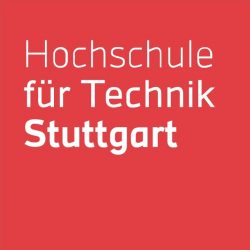Virtual Shopping

Virtual reality (VR) aids in simulating specific environments through pose tracking and 3D near-eye displays. Throughout our research we explore if a VR display of an online shop reduces perceived uncertainties around products. More specifically, we analyze the role of the sense of presence (SoP) and outline techniques how to trigger the SoP. Access the full paper here. Additionally, we explored the impact of VR on the customers‘ interest in the physical store and purchase intention compared to 2-D stimuli. Read more about this research here.
Virtual Holiday Booking

VR has been utilized in the tourism industry as well, as it provides companies opportunities to meet intensifying competition and customer expectations. VR technology permits users to experience their future destination even before they travel. Currently, research surrounding VR, espcially in tourism is limited, due to the novelty of the technology. Our first research project within this field focuses on the design of VR applications. More specifically, we investigated to what extent the radius of motion and a voice assistant in VR applications influence the escape experience and the perceived risk. This blog post summarizes our research and findings.
Virtual User Research

With all the possibilities that VR offers, we wondered if it is a suitable research tool for novel technologies which cannot be tested under real live conditions. More specifically, we utilized air taxis as a case study to determine if VR aids in testing the user acceptance and which effect it has on the user in the research process. You can read more about our research in this blog post. We conducted additional research on this topic in the fields of smart store user acceptance and city planning participation.

